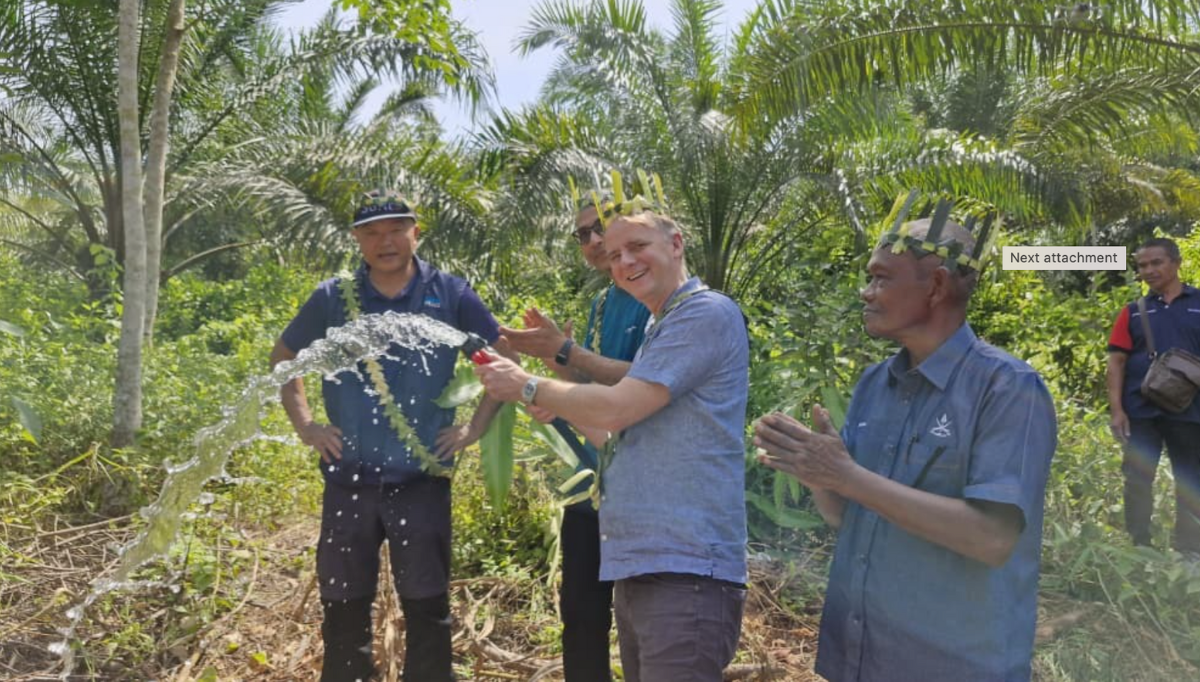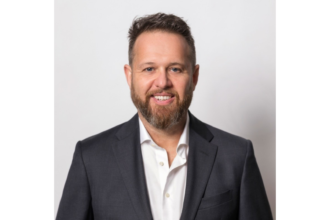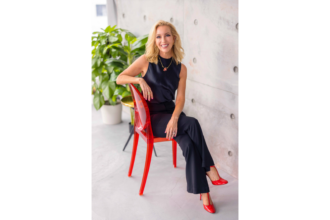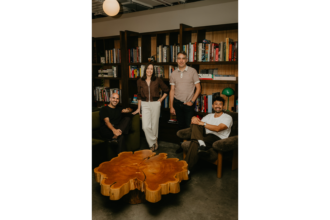Atlas Copco Malaysia recently inaugurated its sixth Water for All project at Kampung Bukit Serok Lama, Rompin, Pahang, on 6th of June 2025
Together with Global Peace Foundation, the initiative’s main objective is to provide clean water access and improved sanitation for the Orang Asli community, addressing a long-standing challenge that continues to affect many rural and indigenous populations across Malaysia.
Beyond improving daily convenience, this effort aims to help families nurture better health and hygiene habits. Through the installation of solar-powered water pumps, newly built washrooms, and solar lights, the project also enhances sanitation and safety, lighting the way toward a more dignified and sustainable future for rural and indigenous communities across Malaysia.
The inauguration ceremony was attended by His Excellency Ambassador Niklas Wiberg from the Embassy of Sweden; Mr. Khalid Shaikh, General Manager of Atlas Copco Malaysia; Management Team of Global Peace Foundation Malaysia and Batin Awang, Village Head of Kampung Bukit Serok Lama.
Their collective presence underscored the growing importance of cross-sector collaboration in advancing Malaysia’s sustainability and inclusivity goals.
Tuan Hamidi bin Md Piah, Officer for Rompin District’s Jabatan Kemajuan Orang Asli (JAKOA) extended his support for the event. He said “This initiative reflects our shared responsibility to uplift the Orang Asli community, ensuring they have access to basic necessities while preserving their culture and traditions.”
The event reflected a shared commitment to building generational change, where cross-sector collaboration empowers Orang Asli communities to thrive through sustainable access to clean water and improved livelihoods.
Bridging the water access gap for generations to come
Across Malaysia, 53 percent of Orang Asli villages still face inconsistent access to water supply. Since its conception in 2017, Atlas Copco Malaysia’s Water for All initiative has supported over 500 villagers in gaining access to clean water and improved sanitation, demonstrating the long-term impact and scalability of the initiative in transforming rural communities nationwide.
This latest project in Pahang continues that legacy, combining renewable technology, local partnerships, and community empowerment to address water challenges in a sustainable manner.
The Water for All initiative directly addresses this gap by combining renewable energy technology with community empowerment. At Kampung Bukit Serok Lama, the solar-powered system ensures consistent access to clean water, reducing dependence on rainwater collection and unsafe river sources that expose families to health risks.
The construction of washrooms and sanitation facilities further supports improved hygiene, reduces waterborne diseases, and enhances the quality of life for the 100 villagers in the community.
Championing sustainability through-employee driven initiative
At the heart of the initiative lies Atlas Copco’s Water for All programme, driven by voluntary employee contributions that support water projects for underprivileged communities. What began as a simple act of giving has evolved into a shared movement of compassion and purpose within the company.
Employees from across departments come together, united by the belief that access to clean water should never be a privilege but a basic right. This spirit of collective responsibility has become part of Atlas Copco’s DNA, turning empathy into action and transforming lives in the process.
Mr. Khalid Shaikh, General Manager of Atlas Copco Malaysia, said, “Atlas Copco Malaysia is committed to driving sustainability and supporting the broader Malaysian society through two key efforts. First, we invest in workforce development via training and competence programs for fresh graduates, engineers, and technicians. Second, the employee-backed ’Water for All’ program provides essential drinking water and sanitation facilities to some of the nation’s most deprived Orang Asli communities.”
“Past projects have already transformed lives, especially for women in those villages, and we are dedicated to expanding these vital initiatives to even more communities across Malaysia.” he added.
A model for corporate–community partnership in Malaysia’s sustainability agenda
Malaysia’s Water Sector Transformation 2040 and Thirteenth Malaysia Plan both highlight water security and sustainable community development as national priorities. Atlas Copco’s partnership with Global Peace Foundation Malaysia and the Embassy of Sweden aligns with these frameworks, showcasing how corporate partnerships can complement national goals and local efforts.
By engaging local authorities such as JAKOA and community leaders, the initiative exemplifies how inclusive, multi-stakeholder collaboration centred on the Orang Asli community as an important partner can drive tangible, inclusive progress where it matters most.
H.E. Ambassador Niklas Wiberg from the Embassy of Sweden said, ”The Water for All project by Atlas Copco has a meaningful impact for the villagers as it provides access to clean and safe water, improves sanitation, reduces waterborne diseases, and enhances overall quality of life by freeing up time for education, work, and other economic activities through an innovative initiative using solar-powered water pumps. It also empowers local indigenous communities, as well as the wider community to become more self-sufficient and strengthens local development.
“The Embassy of Sweden in Malaysia is happy to support this project as it aligns well with our commitment to further the sustainability agenda; encourage a culture of innovation; drive community engagement; as well as promoting social and environmental responsibility.” he added
Atlas Copco not only supports Malaysia’s water sustainability efforts but also contributes to the United Nations Sustainable Development Goals (SDG 6: Clean Water and Sanitation, and SDG 17: Partnerships for the Goals.)
As Malaysia continues to prioritise sustainable and inclusive development, this project stands as a living example of how collective action can break cycles of deprivation and shape a healthier, more equitable future.
Legal Disclaimer: The Editor provides this news content "as is," without any warranty of any kind. We disclaim all responsibility and liability for the accuracy, content, images, videos, licenses, completeness, legality, or reliability of the information contained in this article. For any complaints or copyright concerns regarding this article, please contact the author mentioned above.












